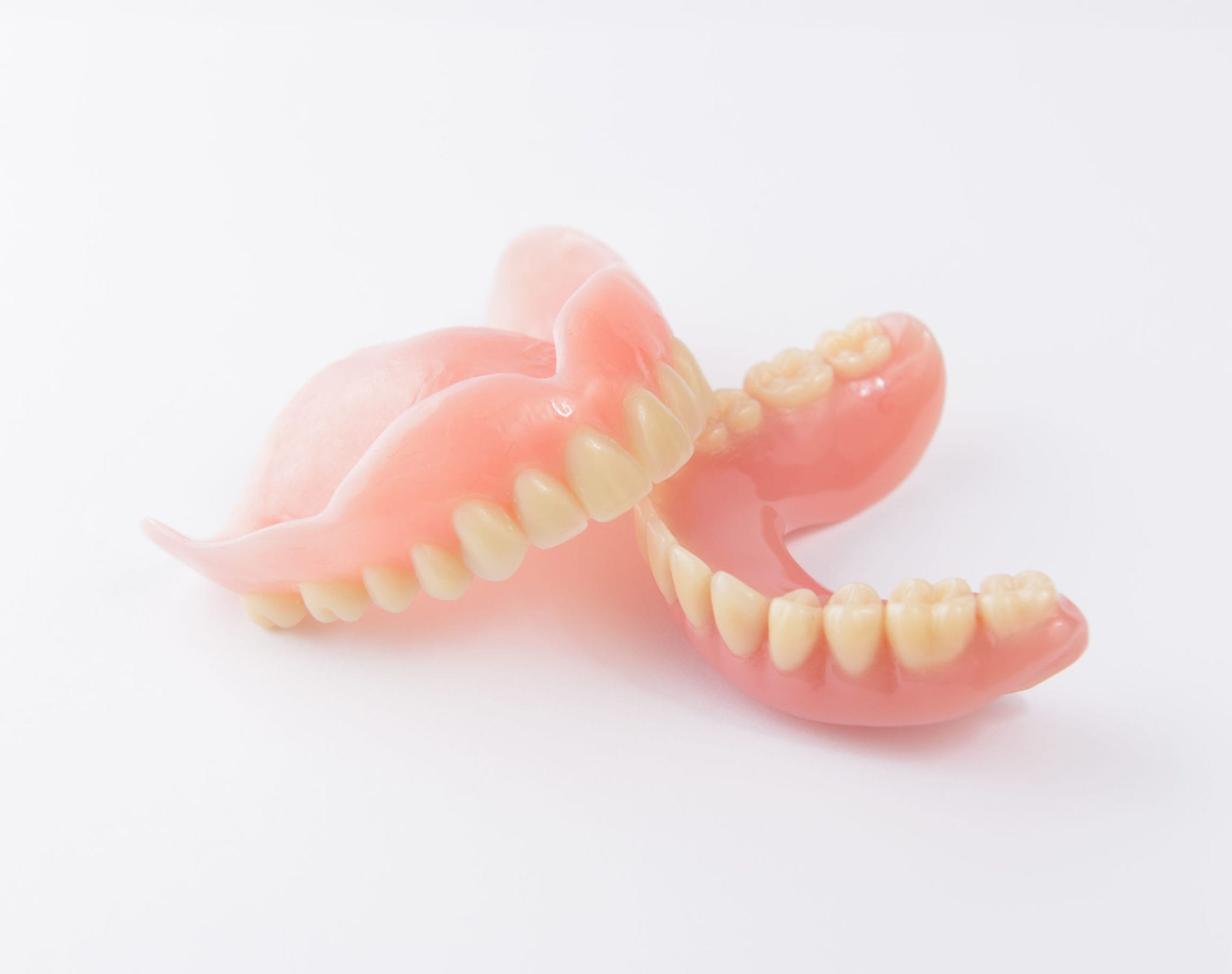
New year, new you. This is a popular resolution, but many of them don’t stick for more than a few weeks – a few months if you’re diligent.
Do you know what resolution will? Full mouth rehabilitation.
Full mouth rehabilitation is a process of completely restoring your mouth including gums, teeth, and other oral tissues, and it’s often something of a mystery to patients. Check out this Q&A guide of the most commonly asked questions regarding this operation.
Q: Who Should Seek Full Mouth Rehabilitation?
A: Anyone Looking to Rejuvenate Their Smile
While most candidates for full mouth rehabilitation are seeking restoration and correction of permanent imperfections, noticeable damage or uncomfortable sensitivities in their mouth.
These include things such as crooked or missing teeth, sensitive teeth, and even recurring headaches. That said, the wearing down and discoloration of teeth is actually a normal part of the aging process, and really anyone can seek a full-mouth rehabilitation.
Q: What Operations Are Involved in the Process?
A: Your Customized Treatment Plan Depends on Your Unique Concerns
The extent of full mouth rehabilitation varies from individual to individual. This variance stems from the differences in the oral conditions of our patients. However, some of the most common operations include:
- Repositioning of the jaw
- Extraction of damaged teeth
- Restoring chipped or worn teeth
- The placement of dental implants and crowns
- The use of orthodontic braces
- Bone and tissue grafting
- Cleaning and whitening teeth
Reach out to your South Florida dentist to learn more about what options you might have to address your dental concerns.
Q: How Long Does Full Mouth Rehabilitation Take?
A: Three Visits to a Picture-Perfect Smile
Full mouth rehabilitation usually takes 3 visits to our dental office to complete. You will know exactly what your treatment plan entails once you’ve completed your consultation.
During the first visit, we use computer diagnostics to find the most optimal position for your jaw. We tailor your operation to match the unique dental structures of each patient.
The second visit involves removing old dental work in order to prepare each tooth for new restorations. During the final visit, our team restores each tooth, for a completely restored and picture-perfect smile!
Q: What are the Benefits of Full Mouth Rehabilitation?
A: Besides a Beautiful Smile…How About Real Medical Improvements?

Aside from improving the visual aesthetics of a smile, full mouth rehabilitation also provides multiple improvements to the overall health and comfort of an individual.
Headache and Migraine Relief
Headaches and migraines can often be caused by underlying oral issues. Bruxism (clenching and grinding of the teeth) and temporomandibular joint (TMJ) are some of the possible causes. Oral restoration can correct these conditions and improve an individual’s quality of life.
Alleviating Gum Disease
Part of the full mouth rehabilitation process is ensuring that every tooth has a healthy foundation. Scaling and root planing is effective in correcting any damage. In cases of severe gum disease, soft tissue or bone grafts may be necessary.
Straightening Teeth
Crooked teeth can cause pain and discomfort and also put individuals at higher risk for gum disease and tartar build-up. Restoration through braces or other dental options can improve the visual aesthetics of the teeth as well as improving the overall health and function.
Q: What Are the Risks Involved in Full Mouth Rehab?
A: There Are a Handful of Known Side-Effects That Can Present
Full mouth rehabilitation is a relatively safe procedure. Our dentistry staff are experts well-versed in each and every operation that restoration entails. However, as with any procedure, there is a small risk of the following side-effects.
Tooth Sensitivity
Postoperative tooth sensitivity is common and not usually a cause for concern. During a dental operation, the nerve of a tooth may have been aggravated or inflamed as a result of the work that was done on it. This is usually temporary and will heal on its own as the nerve heals.
Gum Disease and Tooth Decay
Although full mouth rehabilitation is efficient in improving the condition of gum disease and tooth decay, in rare cases a dental crown or implant may become loose. This allows bacteria to enter the gum line, which may trigger these conditions.
Inserts Breakage
Over time, crowns, implants or artificial teeth may be subject to normal wear and tear. This may result in breakage of the inserts. Proper oral care and care of the inserts may prevent this from happening and prolong the longevity of the inserts.
Allergic Reactions
In extremely rare cases, patients may be allergic to the materials used to create the inserts. Any postoperative allergic reactions (whether real or assumed) should be documented and detailed to a dentist as soon as possible.
Q: How Much Does It Cost?

A: After Insurance, It May Not Be as Much as You Think!
The price of the operation(s) varies depending on the extent of work that needs to be done. Patients should talk to their dentists to get a quote on the approximate cost of their operation. Dental insurance plans can help alleviate some of the financial cost of full mouth rehabilitation.






